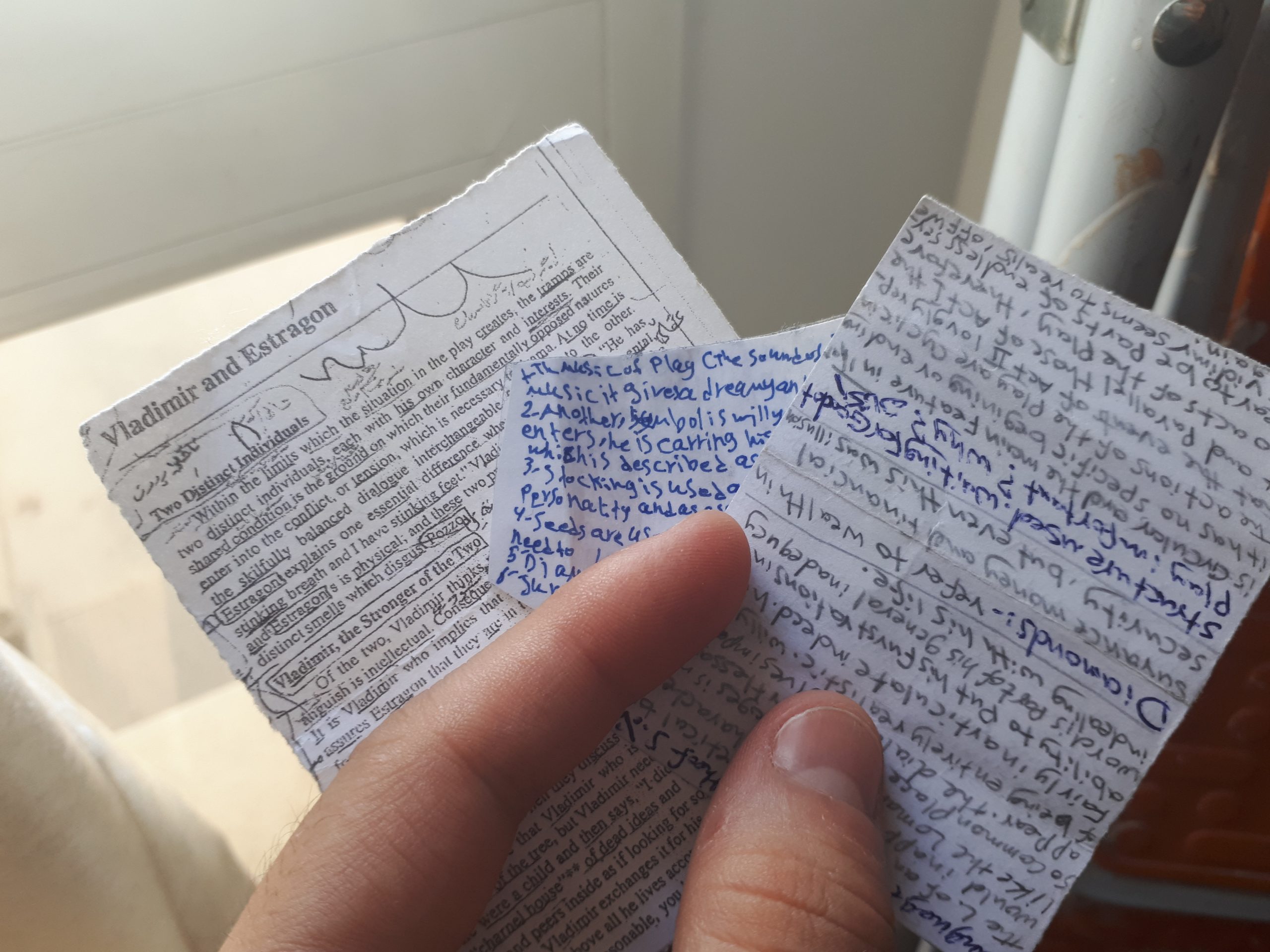Caption: Six KU students were expelled last year.
Image: Levi Clancy/ Wikipedia Commons
Two hundred and eighteen students were caught cheating at Kingston University in the last academic year, according to a Freedom of Information request made by The River. Those 218 students committed 238 offences.
The course with the most offenders (with 12 cases), was computer science followed by criminology, adult nursing, psychology, and international business management.
KU psychology alumna, Sadia Ali explained the stresses of the degree and was sympathetic towards disciplined students: “It’s a very content heavy course I think with a lot of interlinking theories and concepts. Therefore, can you blame anyone for cheating because when you look at the textbooks it’s hard for the information to be processed without frying your brain.”
However, Kingston University has taken a no-nonsense approach to academic misconduct, with six students expelled from the university last year, on a permanent basis.
Lecturers are all well-versed in how to catch students in the acts of collusion, plagiarism, and copying of group work. This paired with the Turnitin software adds to the difficulties students will face in getting away it.
Students who are caught committing academic misconduct are called in to a formal hearing with the academic board to explore whether the student has “gained an advantage over another” by cheating.
Admitting to your crimes can help you receive a reduced penalty but students can also plead their innocence. If you’ve been requested to attend a hearing the student union advises students to keep notes, working drafts and revision notes as hearings can happen weeks after the submission date.
Union of Kingston Students have explained: “[Students should also] contact the faculty to confirm whether you can attend and inform them if you are bringing an observer.”
KU Biological Science alumni, Adefolaju Thomas was cautioned for committing plagiarism in the last academic year and spoke about the tension of being involved in an academic misconduct case in your final year: “I’ve been at the university for three years and to think that all of that hard work would become nothing after I didn’t reference properly. Luckily it worked out in the end.”
If unfortunate enough to have been penalised, the reassessment board can allow you the opportunity to repeat the module in the following academic year.
The rise of AI software’s such as Chat GPT further complicates the issue as it allows for the generation of fully referenced essays in mere moments.
Unacknowledged use of AI is counted as plagiarism under the university’s regulations, but the use of an official AI detector has not been implemented due to fears of false positives.
A Kingston University spokesperson said: “Kingston University does not condone any form of cheating. It is committed to teaching its students about the principles of good academic practice and why it is always important to act with academic integrity.”

